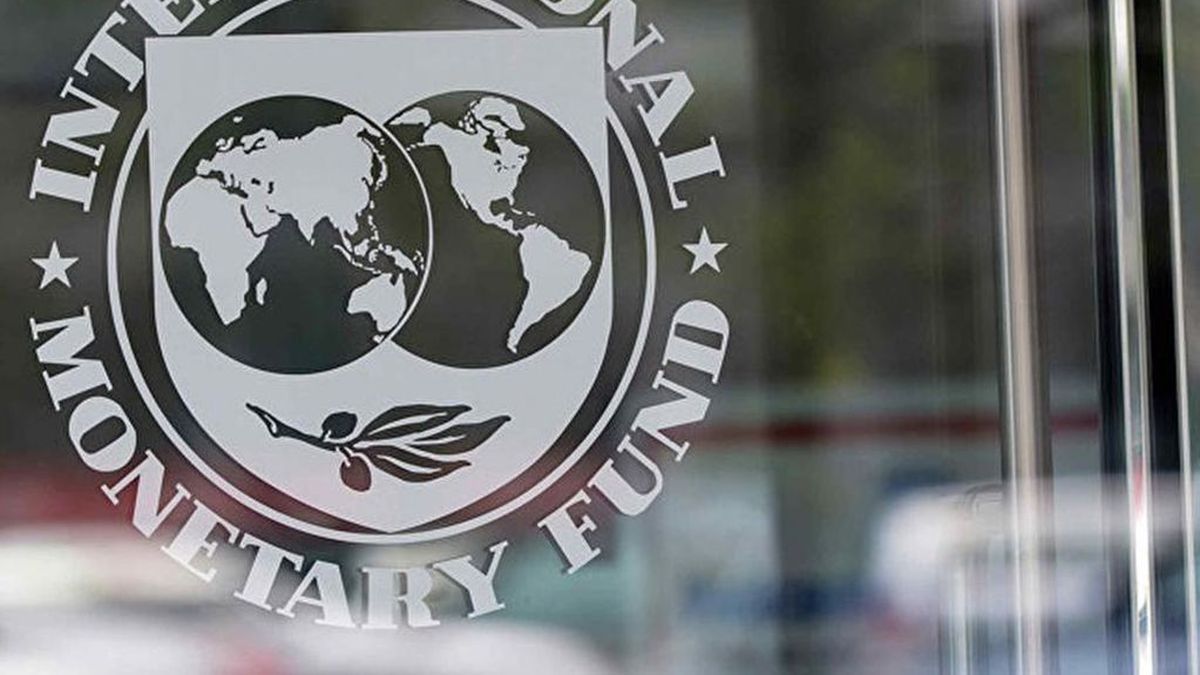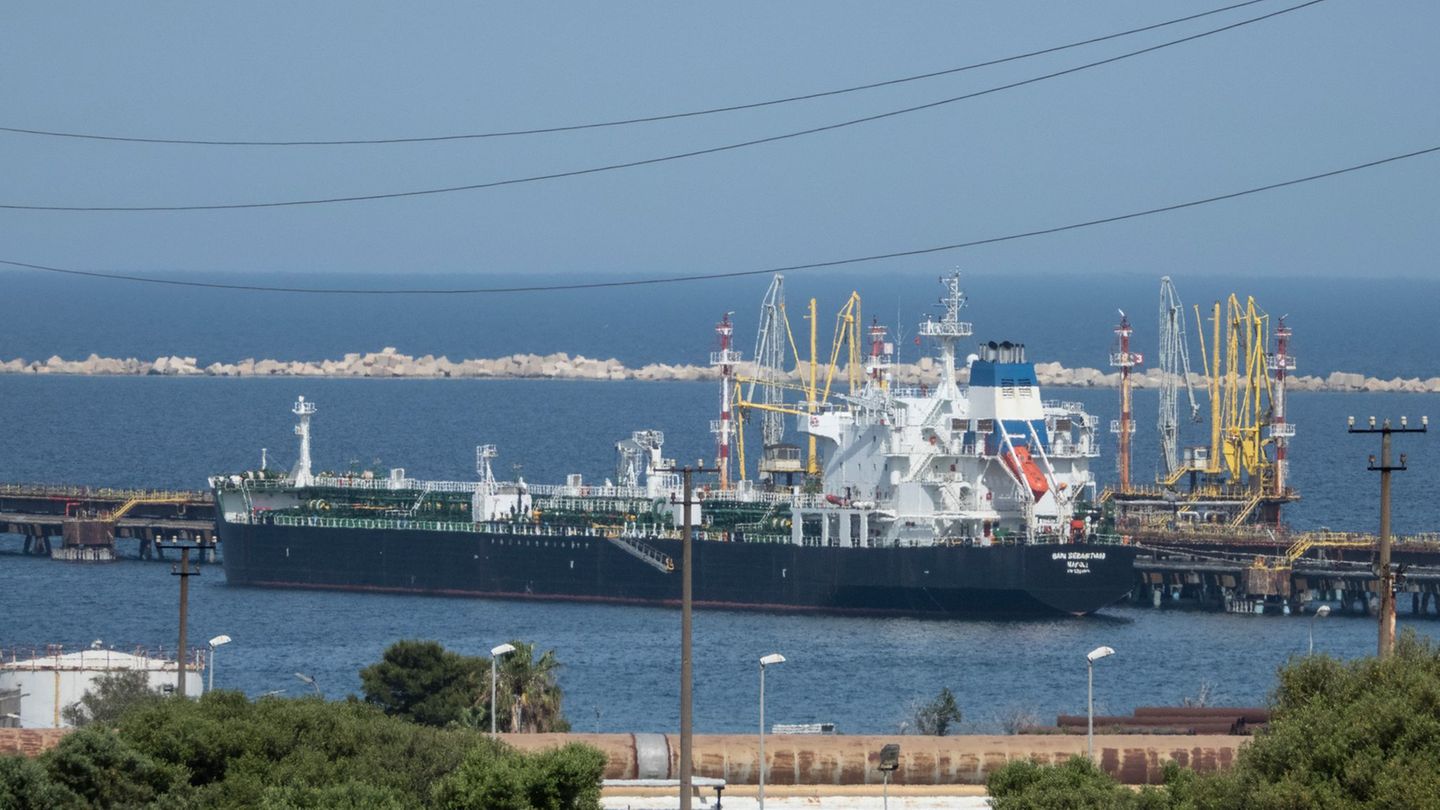The “directors were open to exploring temporary relief from temporary overcharges to help indebted members free up resources to address the economic and health challenges posed by the pandemic.”
However, the official communication also indicates that “A number of directors (between 6 and 9 in the usual IMF terminology) members suggested reflecting on the best way to implement surcharges during pandemic situations.”
While, “Another number of directors (6 to 9) did not see the need to review surcharge policies or change their design at this stage, given the overall low overall cost of borrowing from the Fund.” Likewise, in the fundamentals they rescued “the fundamental role of overcharge income to guarantee an adequate accumulation of funds to minimize risk.
However, the topic is not closed since “The majority (15 or more) of the other directors expressed their willingness to a more holistic and timely review of the surcharge policies.” Although it clarifies that this discussion could be carried out in “the context of the Fund’s income model and the general financial perspectives”.
Claim
The decision constitutes a setback for the government of Alberto Fernández since from the outset, Argentina has been demanding that the multilateral body review its policy of surcharges, which consists of charging an interest rate in addition to that charged on loans that exceed the quota .
The request for the revision of the surcharges even got the G20 to ask the IMF that the issue be reconsidered.
It should be remembered that the loan granted to the previous government represented 1000 percent of the quota corresponding to Argentina. In addition, the IMF also charges for the time in which liabilities that exceed the quota are held.
Calculations by the Ministry of the Economy show that these surcharges imply an additional expense of the order of 1,000 million dollars per year.
President Alberto Fernández at the time had established as an indispensable condition to advance in an agreement with the Fund that these surcharges be eliminated or reduced, although in recent times in the corridors of the Casa Rosada they relativized this position.
Likewise, Argentina hopes that the IMF establishes a new loan of greater length than the Extended Facility Loan for a maximum of 10 years, which is the one that Minister Guzmán is negotiating with the staff.
In this sense, what the government is asking is that, if a larger loan is established, the new agreement establishes a pari passu clause that allows access to these better conditions.
Source From: Ambito
David William is a talented author who has made a name for himself in the world of writing. He is a professional author who writes on a wide range of topics, from general interest to opinion news. David is currently working as a writer at 24 hours worlds where he brings his unique perspective and in-depth research to his articles, making them both informative and engaging.




